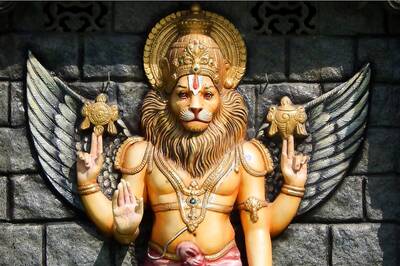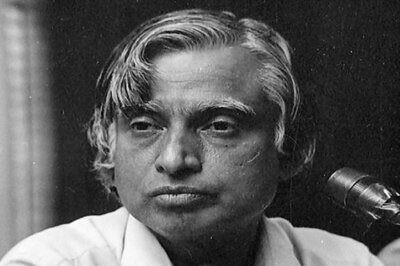
views
When one starts looking for a job, the first thing they do is send their CV to companies. This happens to be the first step in the selection process of a candidate, which is crucial for a good impression. While both CVs and resumes help to show a candidate’s skills and credentials, certain companies prefer one over the other for their reasons. Many people also find it difficult to understand the difference between a CV and a resume. The full form of a CV is a Curriculum Vitae, where the candidates have to give all kinds of information in detail, which is different from the case of a resume. Today, let’s take a look at the difference between the two.
1. Objective: A CV is essential for academic, research, and higher education jobs on the other hand, a resume is essential for professional, industrial, and private sector jobs.
2. Length:
A CV should be 2-3 pages long whereas a resume should be 1-2 pages long.
3. Detail:
A CV should contain all the detailed information, whereas a resume should contain brief information.
4. Format:
The format of a CV includes educational qualifications, work experience, training, and awards whereas a resume should contain contact details, educational qualifications, work experience, skills, and achievements.
5. Skills:
A CV should contain a description of special skills on the other hand, a resume should contain a list of specific skills.
6. Publications and Awards:
In a CV, the candidate must include the details of publications and awards whereas, in the case of a resume, there is no need to add such details.
7. References:
In a CV, the candidate must mention the reference details whereas, in the case of a resume, there is no need to mention such details.
8. Updates:
In the case of a CV, regular updates are a must, whereas it is the opposite in the case of a resume.
















Comments
0 comment